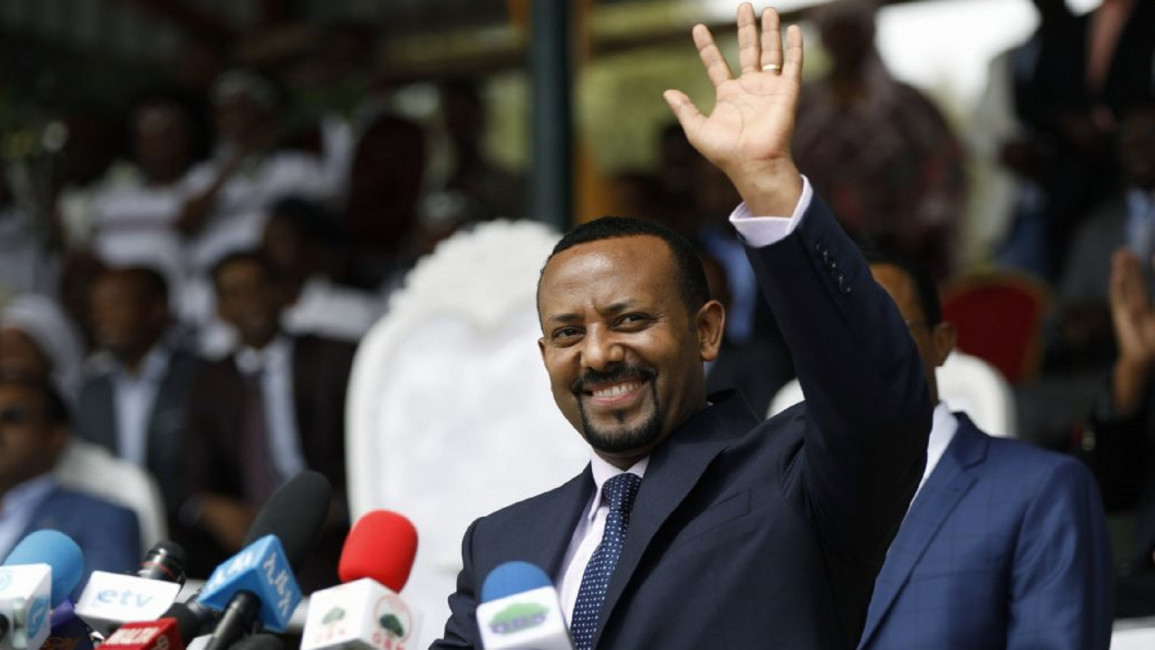Ethiopia PM Abiy Ahmed beats Greta Thunberg, Jacinda Ardern to win Nobel Peace Prize
Climate activist Greta Thunberg, New Zealand PM Jacinda Ardern, and the UN High Commission for Refugees were among the nominees contesting the prestigious prize.
The Norwegian Nobel Committee said Ahmed was chosen as this year's winner “for his efforts to achieve peace and international cooperation, and in particular for his decisive initiative to resolve the border conflict with neighbouring Eritrea.”
Ahmed's office said the premier was "proud" to receive the award and reiterated his commitment to "the ideals of unity, cooperation, and mutual coexistence."
The Nobel committee praised Ahmed’s acceptance of the arbitration rule of an international legal commission in 2002 to facilitate peacebuilding between the two nations.
"In Ethiopia, even if much work remains, Abiy Ahmed has initiated important reforms that give many citizens hope for a better life and a brighter future," The committee added.
Twitter Post
|
'Abiymania'
Ahmed, 43, took office after widespread protests pressured Ethiopia's longtime ruling coalition and hurt one of the world's fastest growing economies. Africa's youngest leader quickly announced dramatic reforms and "Abiymania" began.
Ahmed spent his first 100 days in office spearheading democratic reforms by lifting the country’s state of emergency, granting amnesty to thousands of political prisoners, and discontinuing media censorship.
He also legalised previously outlawed opposition groups, pledged to hold free and fair elections and has been credited with pushing female empowerment.
Read more: Netanyahu looks to boost security cooperation with Ethiopa
In a move that caused surprise in the long-turbulent Horn of Africa region, Ahmed said Ethiopia would accept a peace agreement with Eritrea, ending one of Africa's longest-running conflicts.
Within weeks, Eritrea's longtime leader, visibly moved, visited Addis Ababa and communications and transport links were restored. For the first time in two decades people could, long-divided families made tearful reunions.
The improving relations led to the lifting of United Nations sanctions on Eritrea, one of the world's most reclusive nations. But Ethiopia's reforms appear not to have inspired any in Eritrea, which has since closed border posts with its neighbor.
The prize, worth nine million Swedish crowns ($900,000), will be presented in Oslo on December 10.
Agencies contributed to this report.



